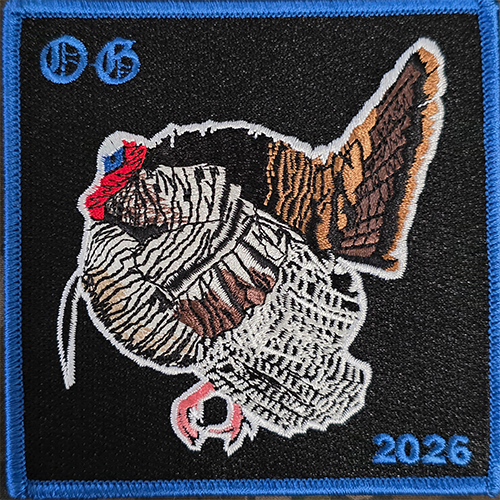        |
mossberg 835 24" vs 20" barellStarted by coyotetrpr, June 18, 2011, 02:16:18 PM Previous topic - Next topic
User actions
|
        |
mossberg 835 24" vs 20" barellStarted by coyotetrpr, June 18, 2011, 02:16:18 PM Previous topic - Next topic
User actions
|